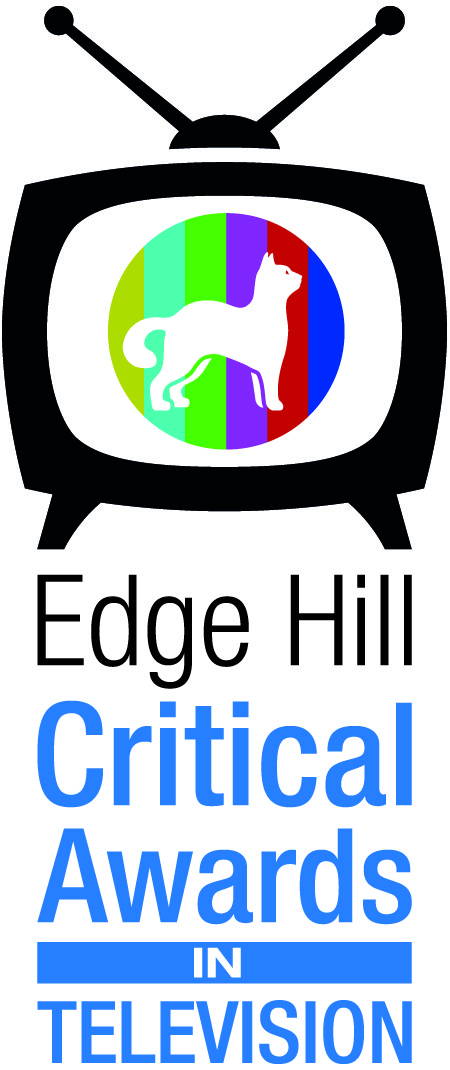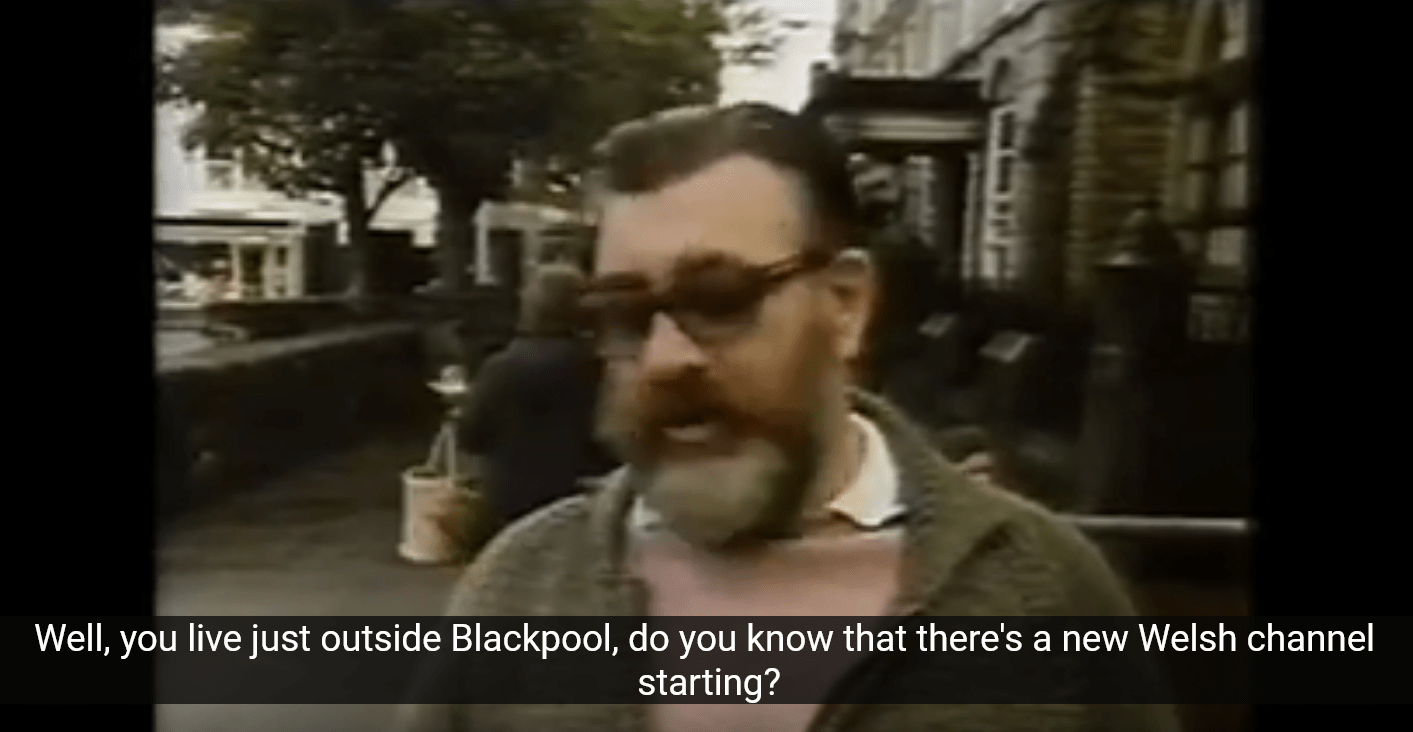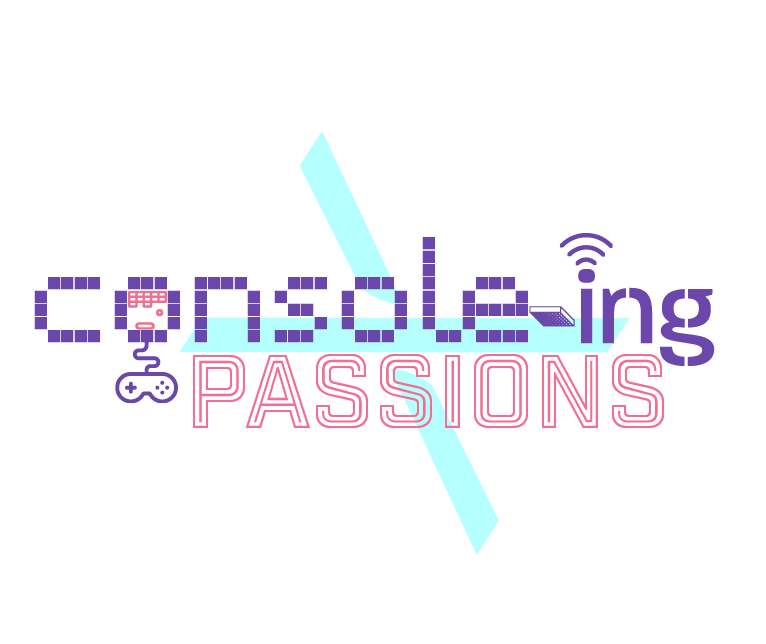
I have finally watched Hannibal (NBC, 2013-2015). I binged it in less than a week. If you think that is a good sign, think again. I just wanted to get past it. There was no savouring going on or getting addicted. No. On the contrary: I wanted to finish it as quickly as possible. I thought the programme was utterly – and excuse my lack of a better technical term – naff.









